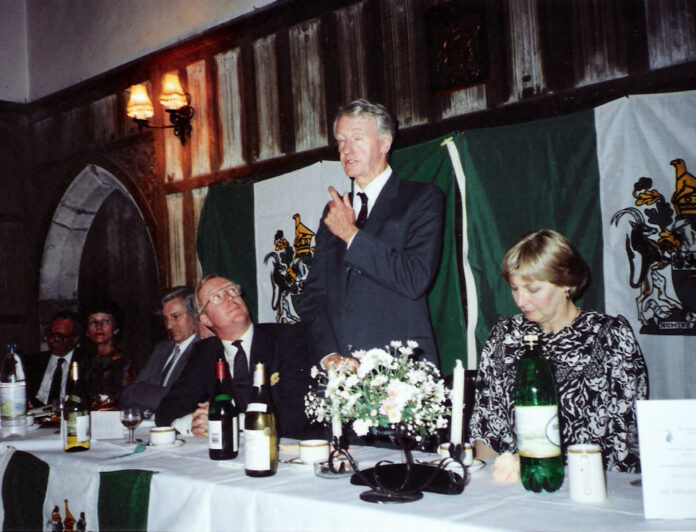Opinion | The Zimbabwe Daily
When former army commander and now Sports Minister Anselm Sanyatwe told congregants in Nyanga that “Zanu PF will rule forever, whether you like it or not,” he may have thought he was speaking with authority. Instead, he exposed the very arrogance that has brought countless regimes to their knees.
His remarks, delivered during a Seventh-day Adventist Church event, rightly triggered backlash. The SDA Church, to its credit, quickly reaffirmed its apolitical position, made it clear the statements were unauthorised, and disclosed that Sanyatwe apologised. But the real issue here is not about protocol or pulpit ethics. It is about the dangerous fantasy of political immortality.
Let us not forget that Ian Smith once said there would never be black majority rule in Rhodesia, not in a thousand years. Yet he lived to see it happen in his own lifetime. What followed was the rise of Zanu PF. Today, its leaders make the same delusional claims of permanence that their former oppressors did. The irony is staggering.
History is filled with regimes that saw themselves as permanent. The Soviet Union. Apartheid South Africa. Rhodesia. All collapsed, often when their leaders least expected it. Power is never static. When politicians start proclaiming “forever,” they usually mean they fear the opposite.
Zanu PF might still dominate the ballot box for now, but nothing lasts forever. To claim otherwise is not only dishonest but also insulting to the intelligence of Zimbabweans who have endured decades of misrule, economic collapse, and empty promises.
Adding to the uncertainty, Zanu PF still has a succession crisis to resolve. President Emmerson Mnangagwa is constitutionally barred from seeking another term. If the party attempts to change the constitution and force him to stand again, it would come at a heavy price. His legacy, already fragile, would be irreparably damaged. He risks being remembered not as a transitional figure, but as another Mugabe. The reengagement agenda he has worked to promote would collapse overnight, and Zimbabwe would once again find itself viewed internationally as a pariah state.
On the other hand, if he stands down, the party faces serious internal strife. The unresolved rivalries within Zanu PF could cause it to implode. Even if it survives the transition, there is a high likelihood that the successor chosen may not command national support and could be easily defeated by a resurgent opposition. Either path presents enormous risks, and neither supports the illusion of unshakable dominance.
The pulpit is sacred. It is not a campaign rally. More importantly, Zimbabweans are not naïve. They know when fear is dressed up as confidence. Sanyatwe’s comment is not the voice of a secure party. It is the voice of one clinging to relevance.
The question is not if change will come, but when. And when it does, Zanu PF may well join the Rhodesian Front in the archives of political history, a distant memory of what once was and what should never be again.
